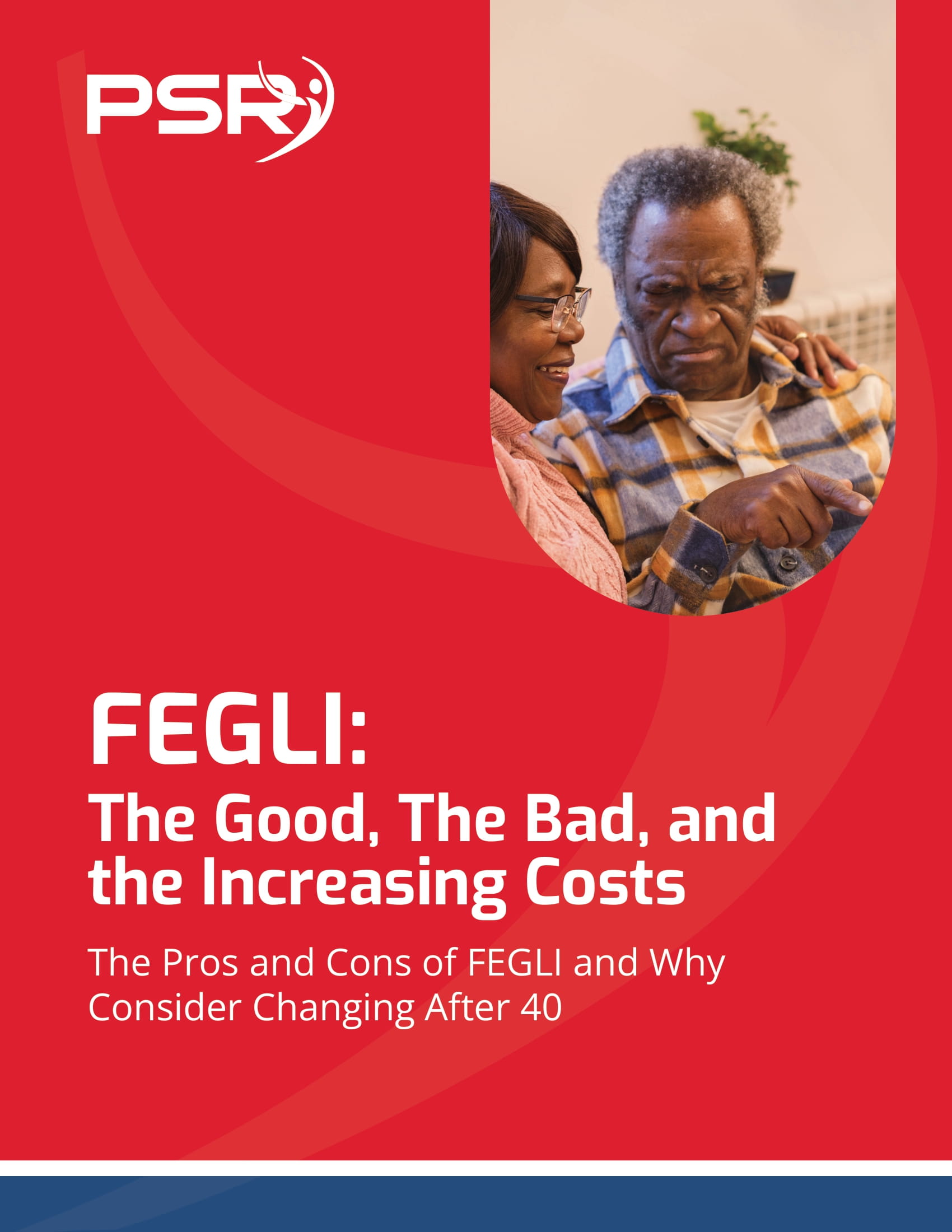Your Assets with Nursing Homes
 It is estimated that 70% of Americans will need long-term care at some point in their lifetime.
It is estimated that 70% of Americans will need long-term care at some point in their lifetime.
Choosing to put a family member into a facility outside of their home carries a high emotional as well as a huge financial price tag. Family members struggle to find resources to locate care for family members who need it. If the decision comes down to putting a family member in a nursing home, then there is the question of what will happen to the family member’s assets.
- Also Read: Divorce and Your Federal Pension—What Happens When You Split Assets and How It Could Affect Your TSP
- Also Read: What Happens to Your Federal Benefits After Divorce? Here’s the Lowdown
- Also Read: The Best FEHB Plans for 2025: Which One Fits Your Lifestyle and Budget the Best?
In the event the resident qualifies for Medicaid it does not means that all of the individual’s assets will necessarily be turned over to the Nursing Home in order to recoup the cost of services rendered. If a spouse is in a nursing home and the other spouse is not, the couple’s home is not compromised or sold to pay the nursing home charges. The family is entitled to one car or truck, a burial plot and prepaid non-refundable funeral costs. Certain other dependents living in the home may qualify for the same protection to stay in the home as the spouse.
There is a federal law identified as the ‘spousal impoverishment’ rules that protect spouses of nursing home residents from losing all of their income and assets to pay for the care of a spouse receiving care in a nursing home. Medicaid laws differ state-by-state. It is therefore suggested that you visit the Medicaid Office in the state where you reside for additional information and resources or work directly with a financial advisor who understand Medicaid rules and can help you during this trying time.
It should also be noted that all nursing homes do not accept Medicaid. If you are looking for assistance when having to use the services Medicaid then you would want to locate Medicaid Certified Nursing Homes. There may also be nursing homes that are not necessarily Medicaid facilities but may have Medicaid beds. So if your ability to pay for services while in such a facility is depleted, it is always a good idea to ask if the facility has any Medicaid beds which would prevent families from having to move their loved ones to another facility.
Pre-planning ahead of time allows families to make better decisions. This is when having a well constructed financial plan can make such a huge difference. If you’ve been working with a good financial professional then it is likely that you’ve covered this contingency. Possibly purchased a long-term care insurance policy or maybe even established a Trust that specifically works to protect assets in the event of extremely high nursing home costs was put in place. It is important that families know the rules and laws that govern Nursing Home facilities and assets, exemptions and non-exemptions. Laws may vary from state-to-state making it urgently important to read carefully and collect needed information to make an informed and timely decision.
Contact the National Academy of Elder Law Attorneys to find out how the laws work in your state.
P. S. Always Remember to Share What You Know.
MORE ARTICLES










